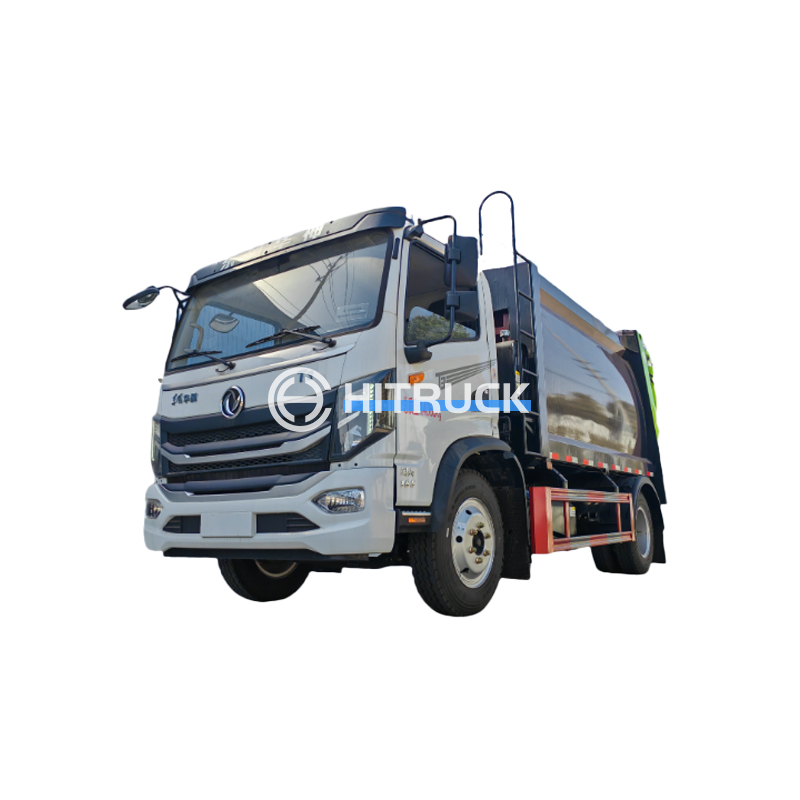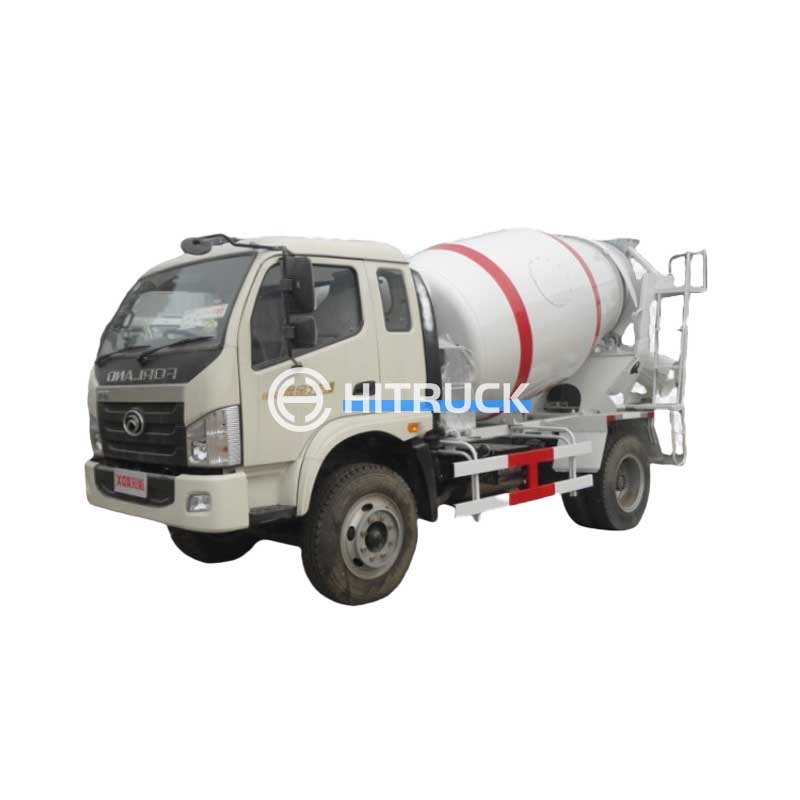Refuse Compactor Garbage Trucks: A Comprehensive GuideThis article provides a detailed overview of refuse compactor garbage trucks, covering their types, functionalities, benefits, and considerations for purchase. Learn about the various features, maintenance requirements, and environmental impact of these essential vehicles. We explore different models and manufacturers to help you make an informed decision.
Choosing the right refuse compactor garbage truck is a crucial decision for municipalities, waste management companies, and private businesses alike. This guide will help you navigate the complexities of this specialized equipment, providing valuable insights to make the best choice for your specific needs. From understanding the different compaction technologies to assessing operational costs and environmental impact, we cover all the essential aspects.
Types of Refuse Compactor Garbage Trucks
Front-Loading Compactors
Front-loading compactors are a common sight in many cities. These trucks have a large hopper at the front where waste containers are emptied. A hydraulic ram then compresses the waste into the truck's body. They are generally robust and efficient, but can require more space for maneuvering.
Rear-Loading Compactors
Rear-loading compactors are another popular choice. These trucks have a loading mechanism at the rear, often utilizing a lifting arm or platform to lift and empty containers. They are generally better suited for narrow streets and tighter spaces compared to front-loaders.
Side-Loading Compactors
Side-loading compactors offer an alternative solution, particularly useful in densely populated areas. Waste is loaded from the side, typically using automated arms that grab and empty containers. This design can be highly efficient and reduces the need for manual labor.
Automated Side-Loading Compactors
These advanced systems automate the entire loading process, improving efficiency and worker safety. They are often integrated with smart sensors and data-tracking systems. They represent a significant investment but offer substantial long-term benefits.
Key Features and Considerations
When choosing a refuse compactor garbage truck, consider the following factors:
Compaction Technology
The compaction technology employed directly impacts efficiency and capacity. Hydraulic systems are common, but newer models incorporate advanced features for improved compression and reduced fuel consumption.
Payload Capacity
The payload capacity is crucial, directly affecting the number of collections required in a given area. Larger trucks are needed for areas with high waste generation.
Maneuverability
Maneuverability is particularly important in urban environments. Consider the truck's turning radius and overall dimensions.
Environmental Impact
Modern
refuse compactor garbage trucks are designed with environmental sustainability in mind. Look for models that meet emission standards and utilize fuel-efficient technologies.
Maintenance and Operating Costs
Regular maintenance is essential for the longevity and efficient operation of these trucks. Factor in maintenance costs, including parts and labor, when evaluating overall expenses. Fuel consumption should also be considered as an operating cost.
Choosing the Right Refuse Compactor Garbage Truck for Your Needs
The selection of a suitable
refuse compactor garbage truck depends heavily on the specific requirements of your operation. Factors such as waste volume, terrain, traffic conditions, and budget will all influence your choice. Consulting with
Suizhou Haicang Automobile sales Co., LTD or similar specialized dealers can offer invaluable guidance throughout the decision-making process. Their expertise can ensure that you select a truck that meets your exact specifications and optimizes your waste management operations.
Comparison of Refuse Compactor Garbage Truck Types
| Feature | Front-Loading | Rear-Loading | Side-Loading |
| Maneuverability | Lower | Medium | High |
| Efficiency | Medium | Medium | High |
| Initial Cost | Medium | Medium | High |
Remember to always consult with professionals and consider your specific needs before making a purchase decision. This information is for guidance only and does not constitute professional advice.












